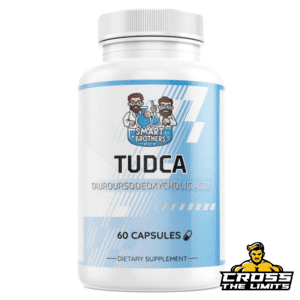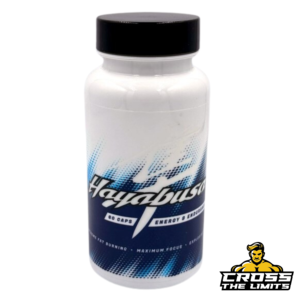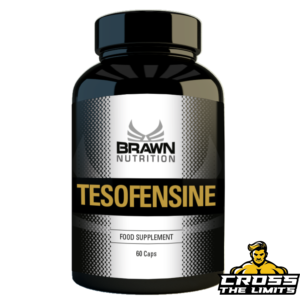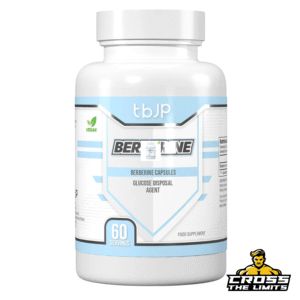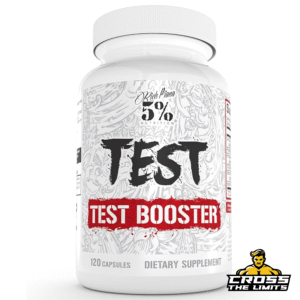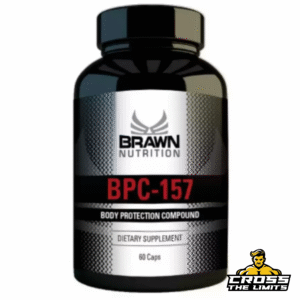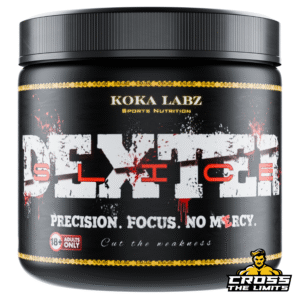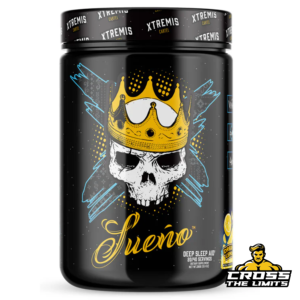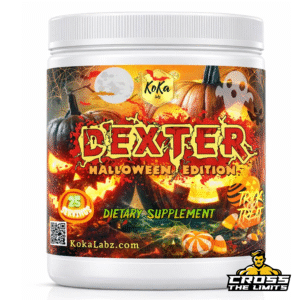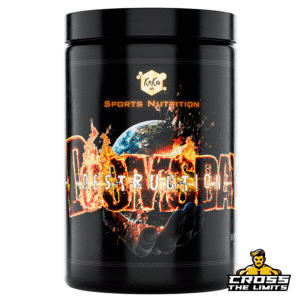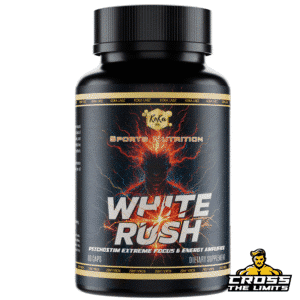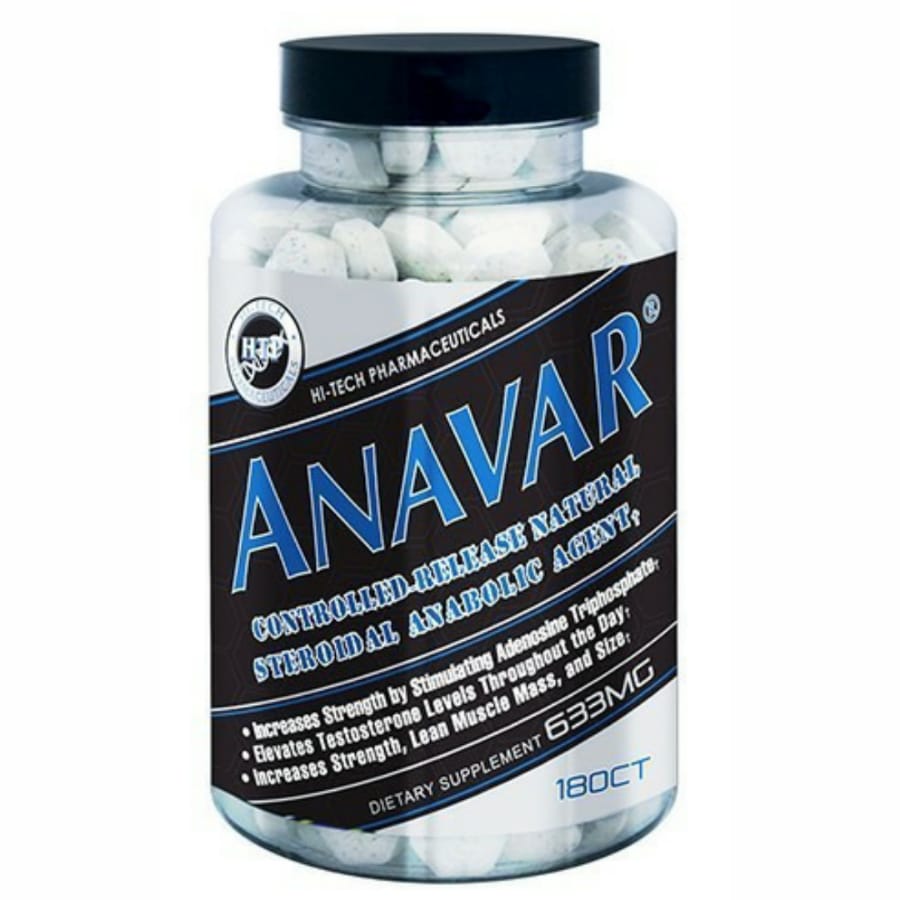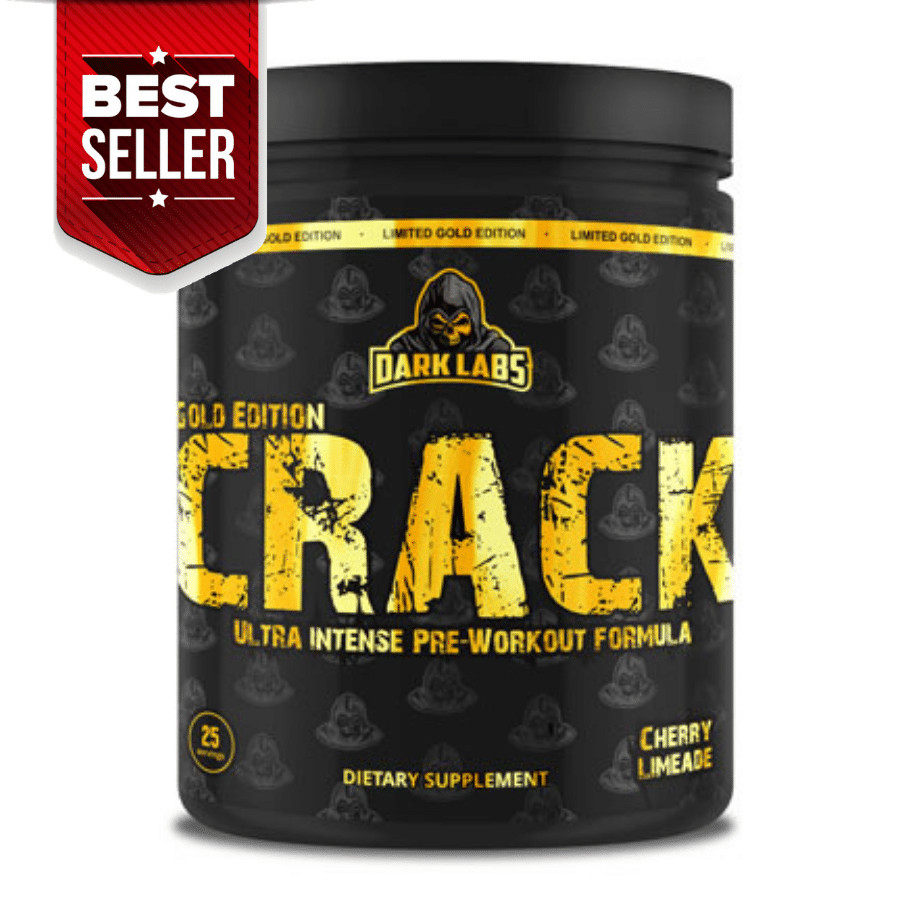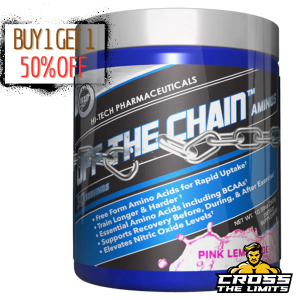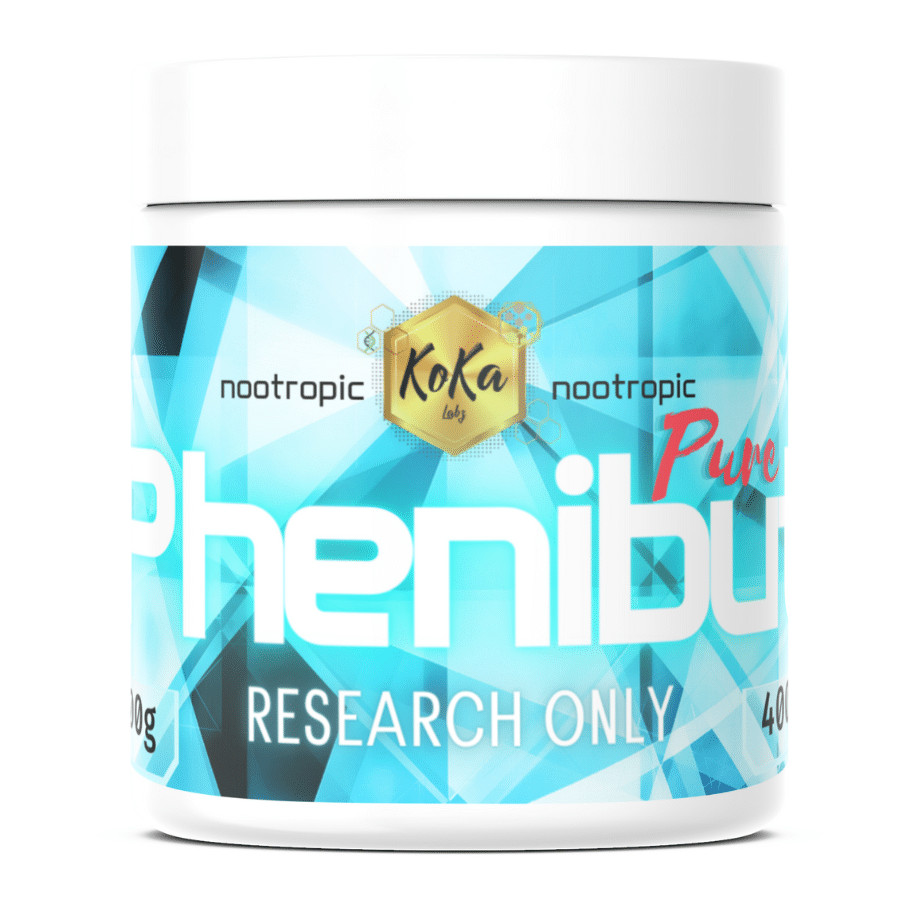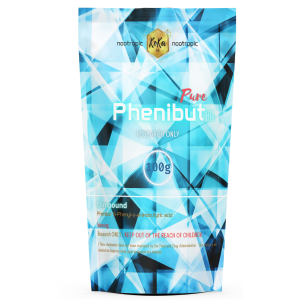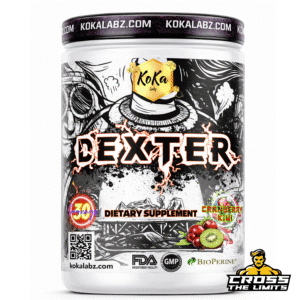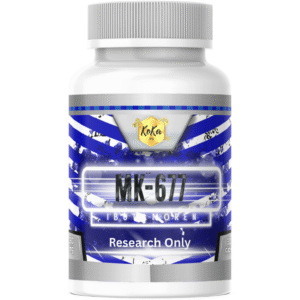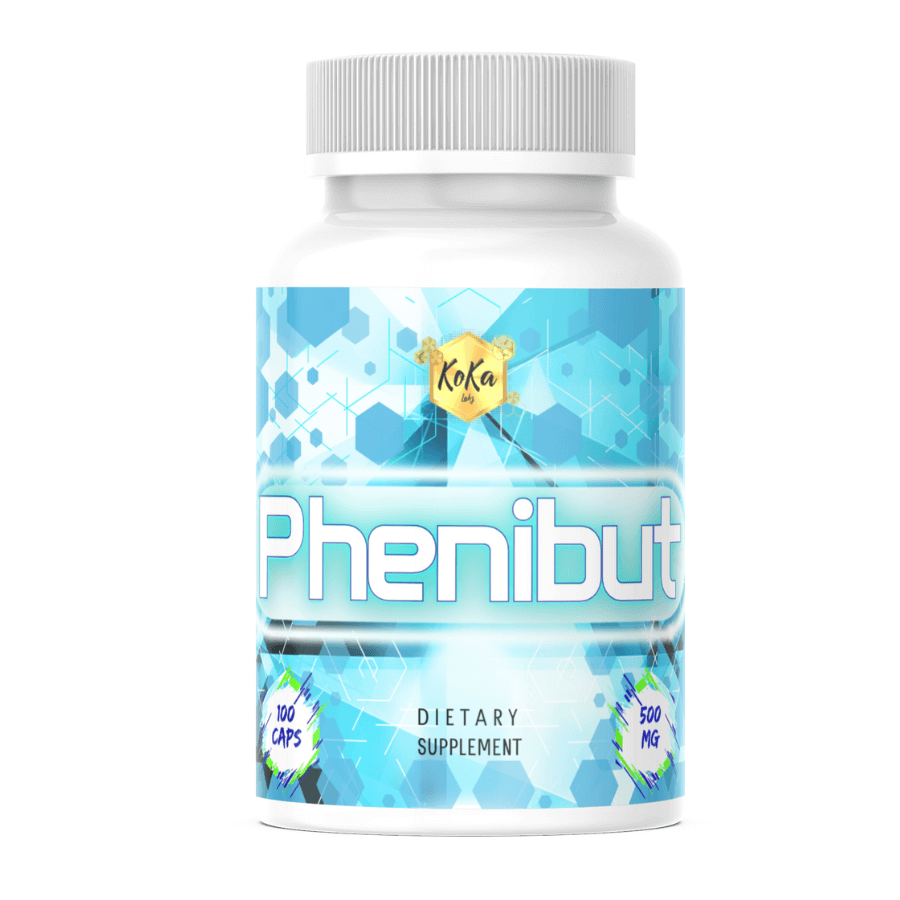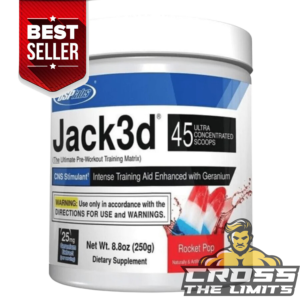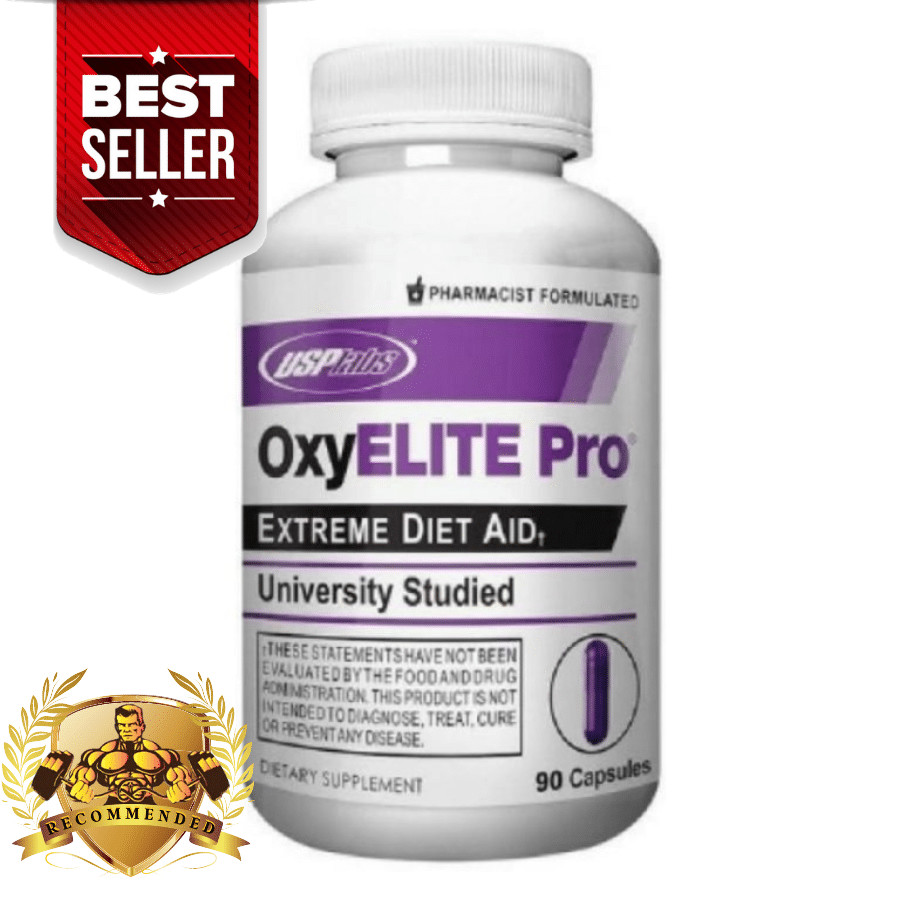Dietary supplements, along with the increasing interest in a healthy lifestyle, have become an integral part of many daily diets. They are often chosen as a source to supplement nutrient deficiencies or provide support in achieving specific health goals. However, to reap their full benefits, it is necessary to fully understand supplement labels, including ingredients, dosages, and recommendations.
Supplement labels serve as a map of what we consume, and understanding them is crucial for maintaining a healthy lifestyle. It’s worth knowing that each label contains information about active ingredients, the quantity of ingredients per serving, and other components that can impact our health. In this article, we will discuss these key aspects, relying on solid scientific research, statistics, and people’s opinions. This will help us better understand how to use supplements correctly while avoiding potential risks and abuses.
We assume that understanding supplement labels is not only a matter of health but also a responsibility towards our own bodies. It’s worthwhile to delve deeply into this topic to make informed choices in the realm of supplementation.
-
Smart Brothers TUDCA 60 caps
£40.56Rated 5.00 out of 5AddRated 5.00 out of 5Out of stockRated 5.00 out of 5Out of stockRated 5.00 out of 5AddRated 5.00 out of 5AddRated 5.00 out of 5AddRated 5.00 out of 5AddRated 5.00 out of 5AddRated 5.00 out of 5AddRated 5.00 out of 5AddRated 5.00 out of 5AddKoka Labz White Rush (60 Capsules)
£27.56 £37.96Rated 5.00 out of 5Out of stockActive Ingredients and Their Role
Category 1: Types of Ingredients
a. Vitamins: Research shows that vitamin supplementation can help address deficiencies, especially in individuals with limited diets.
b. Minerals: Some minerals, such as calcium and magnesium, are essential for bone and muscle health.
c. Amino Acids: Amino acids are the building blocks of proteins, and supplementation can support muscle development.
d. Fatty Acids: Omega-3 fatty acids are associated with heart and brain health benefits.
Category 2: Scientific Research and Statistics
Studies demonstrate that vitamin and mineral supplementation can reduce the risk of deficiencies, particularly in older individuals. An example is vitamin D supplementation to improve bone mineral density.
Dosage and Its Significance
Category 1: Recommended Daily Intake
a. Variations in Dosage: Dosage can vary based on age, gender, and physical activity level. Therefore, it’s important to adjust supplementation to individual needs.
b. Example: For vitamin C, a daily dosage of approximately 60-90 mg is recommended, but it may be higher for smokers or those exposed to oxidative stress.
Category 2: Scientific Research and Statistics
Research indicates that improper supplement dosages can lead to excess of certain nutrients, which can be harmful to health. An example is an excess of vitamin A, which can lead to toxicity.
Recommendations and Scientific Research
Category 1: Health Benefits
a. Improving Heart Health: Studies suggest that omega-3 fatty acid supplementation can help lower triglyceride levels and improve heart health.
b. Supporting the Immune System: Vitamin C and D are known for enhancing immune system function.
Category 2: People’s Opinions
People’s opinions who have used supplements vary. Some report positive effects, such as increased energy or improved well-being, while others may not experience significant changes. It’s essential to maintain a healthy skepticism and consider individual differences.
Safety and Risks
Category 1: Interactions with Medications
a. Drug-Supplement Interactions: Studies show that some supplements can affect the action of medications, which can pose a health risk.
b. Consultation with a Doctor: It is always recommended to consult with a doctor or pharmacist before starting supplementation, especially if you have existing medical conditions or are taking medications.
Category 2: Taking Responsibility
Supplements are tools for supplementing the diet but should not replace a healthy diet. Excessive supplementation can lead to adverse side effects.
In the process of understanding dietary supplement labels, ingredients, dosages, and recommendations lies the potential for improving the quality of our lives through a more conscious approach to supplementation. It’s important to remember that dietary supplements are not miracle cures for all ailments, but they can serve as valuable support for our bodies, especially when our diet or lifestyle does not provide a full spectrum of nutrients.
Scientific research and statistics provide us with empirical evidence of how supplementation can impact our health. However, it’s not just numbers; it’s also people’s opinions that allow us to understand the diversity of experiences with supplementation. This highlights the fact that every individual’s body is somewhat unique, and supplementation is a process that can be tailored to individual needs.
In conclusion, understanding supplement labels is key to making informed use of them, minimizing the risk of overuse or interactions with other medications. With the right approach, supplements can be a valuable tool in achieving and maintaining a healthy lifestyle. However, always remember to consult with a doctor or nutrition specialist to tailor your supplementation to your individual needs and health goals. It is this knowledge, responsibility, and care for our health that enable us to derive the maximum benefits from dietary supplements.
About the author
Cross The Limits
Cross The Limits is a passionate advocate for health, fitness, and well-being. Since 2018, we have been providing top-quality dietary supplements and vitamins across the UK. Based in Suffolk, our team is committed to helping you achieve your fitness goals with trusted products, expert advice, and unwavering support. Through our blog, we share valuable tips, insights, and the latest trends to inspire and guide you on your health and fitness journey.
Check other posts

How to choose the best muscle-building supplements.…
January 30th, 2026
Read more
What are the best prohormone supplements available…
January 14th, 2026
Read more
The best online stores with testosterone boosters.…
December 29th, 2025
Read moreRelated products
-
Add
KK labz B-aba-Pheni 200g
£88.86AddKK Labz B-aba-Pheni 100g
£46.22Rated 5.00 out of 5Add

